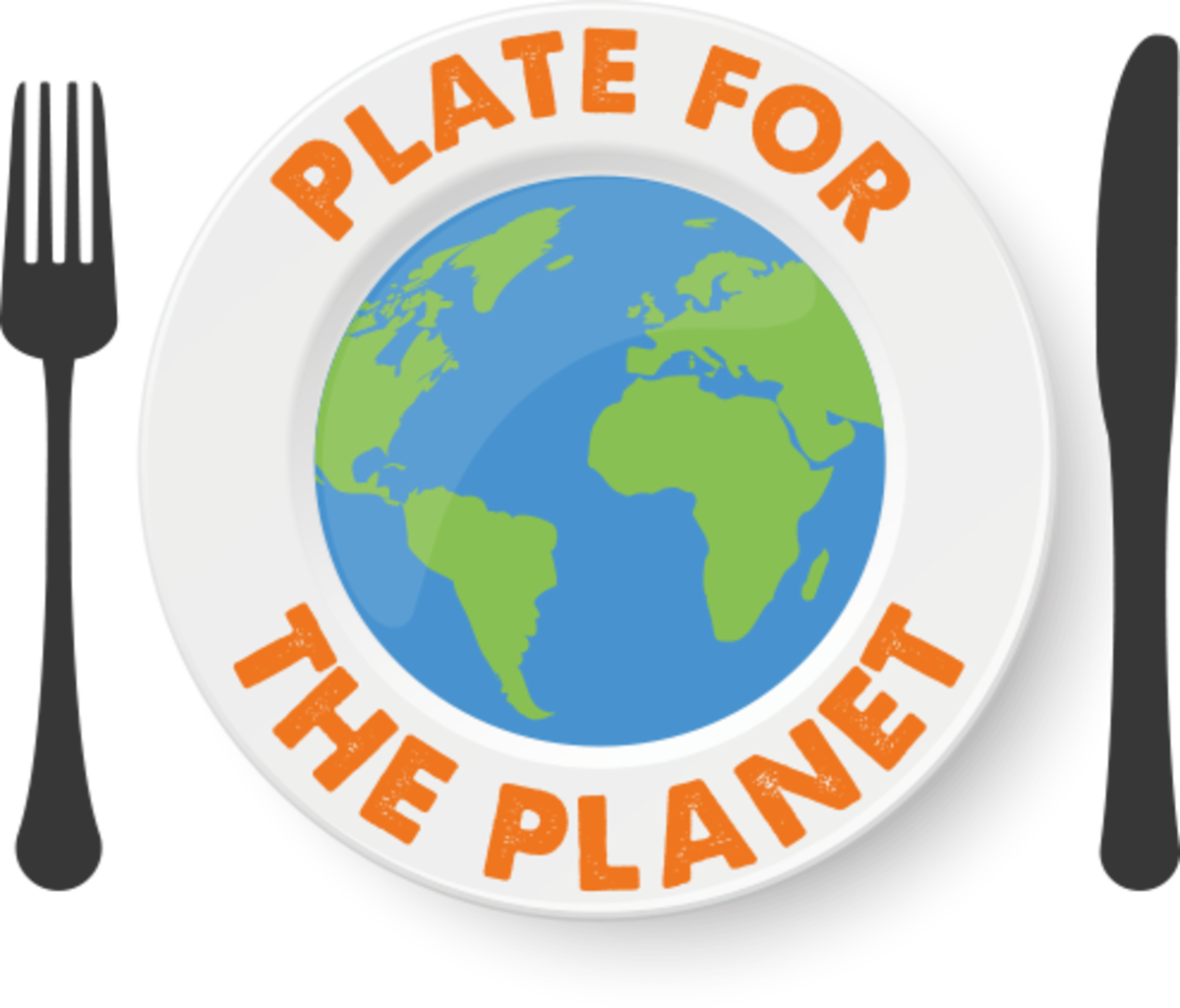How To Prevent Disease Through Diet and Exercise

You Are What You Eat
Some people don't realize just how much their nutrition matters. Nutrition is both a science and an art. The right foods support all your body's systems, enable growth and maturation and promote physical and mental wellbeing. One important function a healthy diet can provide, and this is a fact many people don't take into consideration- is disease prevention.
How you eat- and your level of exercise- will have an immediate effect on your short- and long-term health. In order to positively impact your health and wellbeing, being aware of nutrition and the effects of your eating and lifestyle choices is a responsibility you owe to yourself and the people you love and care for.
The foods you eat should contain the right kinds of vitamins, nutrients, carbohydrates and fibers. The right kinds are those that create balance, nourish you at a cellular level and leave your body in the alkaline state that nature intended. You may have heard this before, but creating a healthy alkalinity in your body prevents many diseases and chronic conditions. The food you eat should be 70% to 80% alkaline in order to achieve this healthy state. There are charts available that will tell you exactly what those foods are.

What Are Dietary Guidelines?
Dietary guidelines are nutritional principles that help guide us in making the most intelligent and healthiest nutritional choices. They are available in several different forms according to who uses them: the USDA publishes Dietary Guidelines every 5 years for people interested in their personal nutrition, and Food Guides to make it easier to plan healthy daily menus. Using the dietary guidelines and food guides helps people who are concerned about replacing the unhealthy ingredients in many popular foods available (that may be high in fats, sugar and sodium) with healthy food choices containing the right nutrients and correct portions to improve and support good health.
How Does Exercise Impact Health?
Regular exercise has an impact on many facets of health. Cancer, heart disease, cardiovascular health, memory loss, diabetes, osteoporosis, neurological disorders, depression, anxiety and even complications during pregnancy are all areas of health that have shown improvement with regular exercise. It also promotes restful sleep, happiness, brain health, lower cholesterol levels, lower weight, increased bone mass and general wellbeing. People who lead sedentary lifestyles have lower energy levels than people who exercise on a regular basis. Exercise builds stamina and improves physical endurance, giving regular exercisers a higher vitality level than more sedentary individuals. Exercise has even been shown to reduce the pain associated with arthritis.

Why Should I Care?
What would you rather spend your money on? Healthy, highly nutritious food or expensive medications? What if food was the key to good or bad health? Living to a healthy, active old age is something that probably everyone would like to do. We all look forward to retirement as a time when we can enjoy the fruits of our many years of labor in the work force. Taking the right steps to ensure good health up to that time will enable many people to realize their dreams of what pleasures await, whether it be travel or simply enjoying the free time to pursue their favorite hobbies and recreations. The ramifications of chronic disease brought on by poor nutritional choices and sedentary lifestyles includes higher medical costs, lost productivity and premature illness and death- it's becoming a worldwide problem.
Assessing Your Diet
How do your dietary choices stack up? As today's economy forces more and more mothers into the workforce, our food supply has evolved to meet the demand for cheap, fast, convenient meals that busy people can eat on the go. The unfortunate thing is that these types of foods are so lacking in nutritional value that, if ingested on a daily basis, people experience undernutrition (their nutritional needs are barely being met) at the same time that they experience overnutrition (energy intake is too high, resulting in weight gain). If you would like to know if your daily food choices are providing you with proven nutritional value, the University of Massachusetts has developed a diet assessment tool that will take your personal daily food intake and tell you how your eating habits are benefitting you (or not).
How Much Exercise Do I Need?
Good question. How much is enough? What is the minimum? Is there such a thing as too much exercise? The Centers for Disease Control and Prevention have put together Physical Activity Guidelines for people in different age groups. These guidelines are flexible and contain different schedule options to fit different lifestyles. Working an exercise regimen into your (and your family's) daily activities is easier than ever with the CDC Activity Guide for busy Americans. Staying healthy and avoiding disease with nutrition and exercise is a proactive choice many Americans are making as more emphasis is made on active health maintenance.









